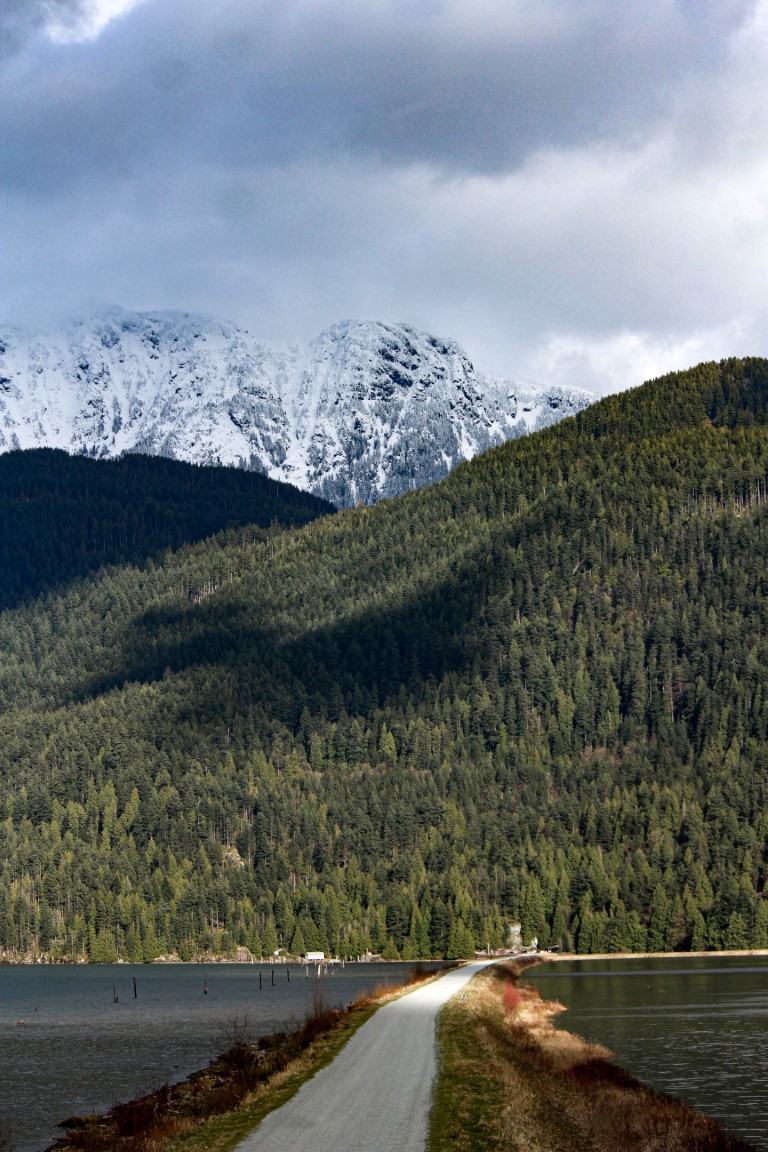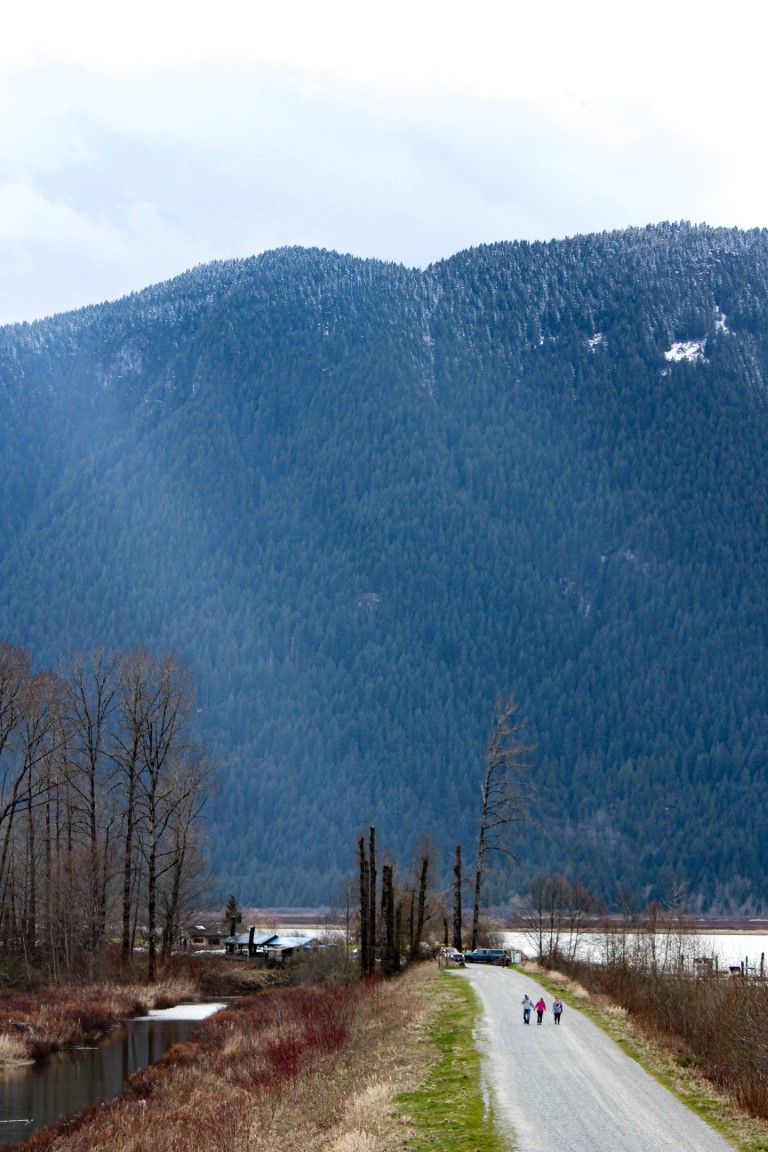
The slide that COVID-19 couldn’t halt
By Matthew Fraser, Opinions Editor
They say there is a silver lining to every cloud or a little bit of good in anything that’s bad. Clichés like “smile through the rain” or “always look on the bright side of life” are in full effect during times like these. Shortly after everyone was relegated to their quarantine abodes, memes began to abound about mother nature putting her most unruly species in a timeout. No Instagram scroll was safe from the “nature just hit reset” post. But is COVID-19 actually beneficial for nature? Has the confinement of humanity to the comfortable cages of our own design really been beneficial, or is it just a naïve attempt from a few to console the many?
Stories littered social media in no time about the miraculous recovery and reinstatement of nature as the human race was locked down. Videos of mountain goats investigating Llandudno, North Wales, produced “oohs” and “aahs;” pictures of animals let out to meet their zoo cellmates brought smiles to faces young and old. Then came the stories of swans returning to the canals of Venice and drunken elephant parties in Yunnan, China; unfortunately, half of the above were hoaxes.
In a National Geographic fact check, Natasha Daly explains that those elephants are a common sight in Yunnan and that the clear waters and swans “returning” to Venice are actually pictures from Burano and quite common there in fact. Even the best of news, like the return of fin whales to Mediterranean waters or the decreased CO2 levels in China, are but temporary postponements for our embattled planet. Once boats return to the marinas, the serene whales will retreat—and as the Chinese population returns to health and its inevitable work, so will CO2 levels return to their previous stations. Human adaptation and greed have once again outpaced nature’s ability to reform and recuperate.

Worse still is the damage that the pandemic has done to the climate change effort. We have been told time and time again that climate change requires a global effort to avert the slow slide that could imperil the future of humanity. Even though the temporary drop in CO2 levels was good, the unfortunate reality is that CO2 stays in our atmosphere for centuries. The small breather looked good on Facebook, but it was all but meaningless to the world at large. While some decry the return of China to its old polluting ways, they are certainly glad that the country has returned to producing two thirds of the world’s solar panels. For all of its expulsion of greenhouse gases, China is the leading producer of wind turbines, lithium ion batteries, and the solar panels that underlie any great climate activist’s dream.
More importantly than the production of clean energy devices is the clearly tenuous nature of global alliances; the EU wasted no time in blocking out Italy and Spain from its resource sharing as their death tolls rose. Unlike in our favorite blockbuster movies, global leaders could not in fact put aside their differences long enough to face down the existential threat. As a matter of fact, this pandemic may have driven many countries even further from cooperation. The nasty spat between Taiwan and Director-General Tedros Adhanom Ghebreyesus of the WHO is certainly an example. The WHO, despite Taiwan’s stellar health care record, refuses year after year to permit the eager country entry into the organization. Tedros has accused Taiwan of permitting attacks against his person. The blustering exchange of threats between Venezuela’s Maduro and Donald Trump is also an example. We may be even further from the united effort necessary to curb global warming than we were in December when the UN COP25 ended in shambles.
Like so many unruly children, political leaders have managed to confuse the pandemic response and even reversed some of the forward progress of the years gone by. Many leaders are doing so in an effort to further nationalistic goals that could prove worthless if the global economy crashes or if the temperature rises.
Just the other day, I saw a picture joking that dodos had returned to Mauritius after humans had disappeared; the unfortunate reality of extinction is that once gone, there really is no way back. Whether it’s extinction by a new and currently unknown zoonotic disease, or the widespread inability to set aside difference and self-interest for the greater good, humanity has its work cut out before it can celebrate some free running penguin videos.
